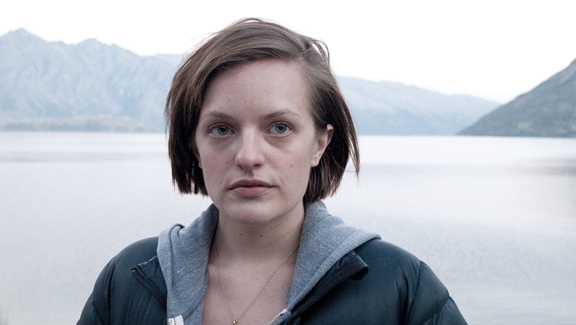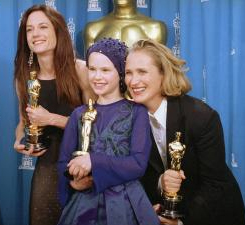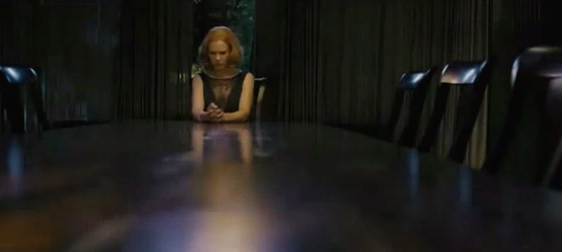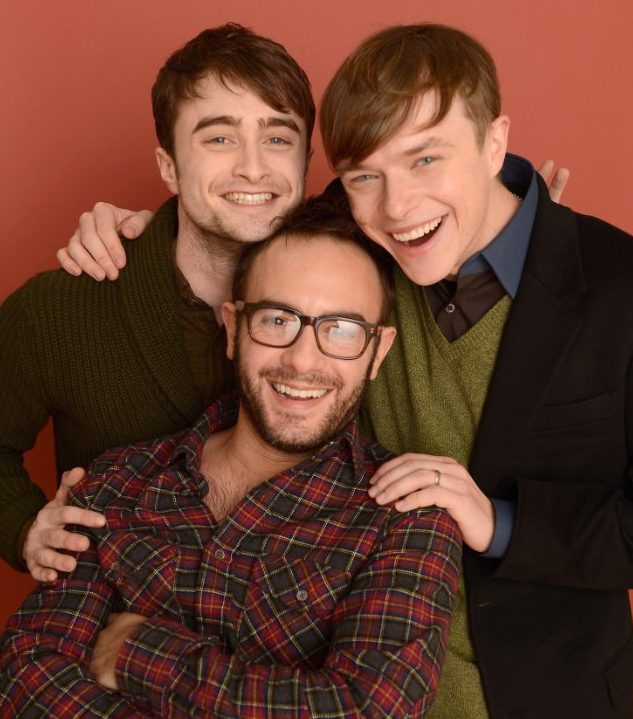Sundance: Campion Takes On The Miniseries
 Saturday, January 26, 2013 at 7:27AM
Saturday, January 26, 2013 at 7:27AM Michael C. here. Just as I was calming down over the too-good-to-be-true Before Midnight buzz, news of the Sundance premiere of Jane Campion's Top of the Lake hit me and now I run the risk of anticipation overload. The Inside Llewyn Davis trailer didn't help either.

Campion's six-hour miniseries premiered to strong reviews at the film festival this week on its way to a March run on the Sundance Channel. With Fincher’s House of Cards set to drop on Netflix February 1st that makes two of our most important directors in as many months abandoning theaters in favor of the small screen. No longer is major Hollywood talent helming a miniseries limited to Mike Nichols Broadway adaptations and Tom Hanks indulging his twin obsessions of NASA and World War II. For now though, any lengthy trend pieces take a back seat to the headline that Top of the Lake sounds amazing. A must-see, especially for Campion fans.
 Perfect Oscar Happenings: when all three women of The Piano won OscarsIf the director reuniting with her The Piano star Holly Hunter isn't enough to get you excited she is also returning to film in her native New Zealand. Furthermore, the story of a detective returning home to investigate the disappearance of a child offers Elisabeth Moss the substantial leading role she richly deserves after being an ensemble MVP in everything from Mad Men to West Wing to a recent cameo in On the Road. Campion has a knack for getting career best work out of actresses, so this sounds like a very promising move for Moss. Peter Mullan, the fearsome star of Tyrannosaur, is also on hand.
Perfect Oscar Happenings: when all three women of The Piano won OscarsIf the director reuniting with her The Piano star Holly Hunter isn't enough to get you excited she is also returning to film in her native New Zealand. Furthermore, the story of a detective returning home to investigate the disappearance of a child offers Elisabeth Moss the substantial leading role she richly deserves after being an ensemble MVP in everything from Mad Men to West Wing to a recent cameo in On the Road. Campion has a knack for getting career best work out of actresses, so this sounds like a very promising move for Moss. Peter Mullan, the fearsome star of Tyrannosaur, is also on hand.
We will see if the blurring of the lines between big screen and small turns out to be one of the overriding narratives of the film year. Whatever the case, between Campion and Fincher I expect that come year’s end many film critics will be trying to justify wedging a miniseries onto their top 10 lists.




